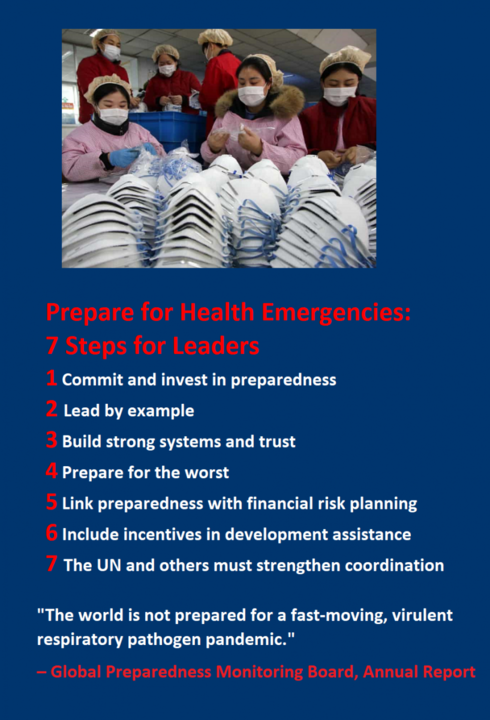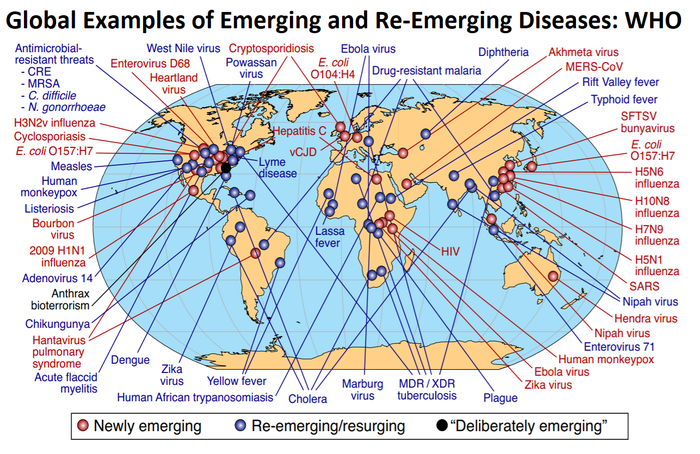Coronavirus and Globalization: Spiegel
Coronavirus and Globalization: Spiegel
Read the article from Spiegel Online about how globalization speeds the spread of the new coronavirus.
Georg Fahrion is a reporter on Asia in the overseas department of Spiegel and Spiegel Online, based in Beijing since October 2019. Kristina Gnirke is a reporter for the background and research team of Spiegel Online. Martin Hesse has been a financial correspondent for Spiegel since 2011. Martin U. Müller has been at Spiegel since 2009 in the business and media department. Katharina Graça Peters has been an editor with Spiegel since 2009, based in Asia since 2018. Michael Sauga writes about business and politics for Spiegel. Bernhard Zand has worked with Spiegel since 1998 and in Beijing since 2012.
Read “A World at Risk,” the annual report on global preparedness for health emergencies” from the Global Preparedness Monitoring Board: Between 2011 and 2018, WHO tracked almost 1,500 epidemic events in 172 countries. “The world is at acute risk for devastating regional or global disease epidemics or pandemics that not only cause loss of life but upend economies and create social chaos.”


Multiple public health threats: The map shows the source of selected diseases over the past 50 years, both those that naturally emerge or are deliberately released (Source: World at Risk, Global Preparedness Monitoring Board Annual Report, 2019